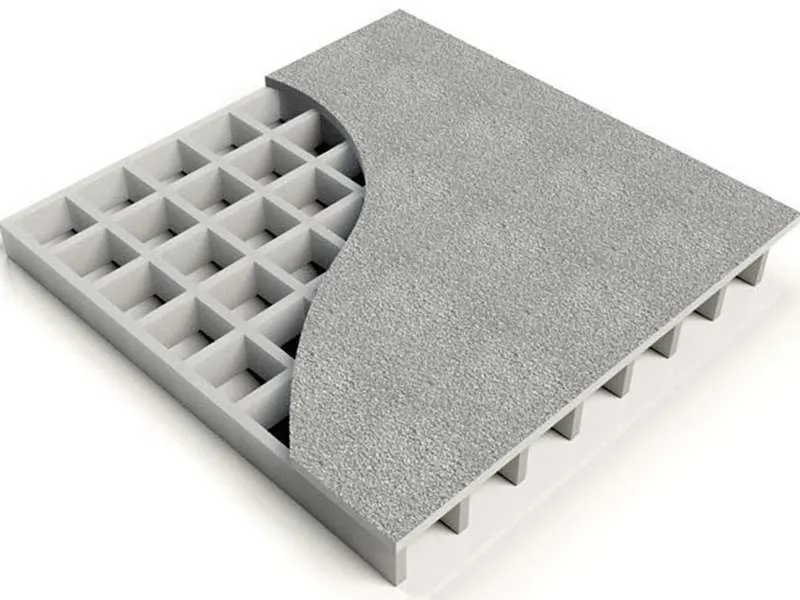
-
 Afrikaans
Afrikaans -
 Albanian
Albanian -
 Amharic
Amharic -
 Arabic
Arabic -
 Armenian
Armenian -
 Azerbaijani
Azerbaijani -
 Basque
Basque -
 Belarusian
Belarusian -
 Bengali
Bengali -
 Bosnian
Bosnian -
 Bulgarian
Bulgarian -
 Catalan
Catalan -
 Cebuano
Cebuano -
 China
China -
 China (Taiwan)
China (Taiwan) -
 Corsican
Corsican -
 Croatian
Croatian -
 Czech
Czech -
 Danish
Danish -
 Dutch
Dutch -
 English
English -
 Esperanto
Esperanto -
 Estonian
Estonian -
 Finnish
Finnish -
 French
French -
 Frisian
Frisian -
 Galician
Galician -
 Georgian
Georgian -
 German
German -
 Greek
Greek -
 Gujarati
Gujarati -
 Haitian Creole
Haitian Creole -
 hausa
hausa -
 hawaiian
hawaiian -
 Hebrew
Hebrew -
 Hindi
Hindi -
 Miao
Miao -
 Hungarian
Hungarian -
 Icelandic
Icelandic -
 igbo
igbo -
 Indonesian
Indonesian -
 irish
irish -
 Italian
Italian -
 Japanese
Japanese -
 Javanese
Javanese -
 Kannada
Kannada -
 kazakh
kazakh -
 Khmer
Khmer -
 Rwandese
Rwandese -
 Korean
Korean -
 Kurdish
Kurdish -
 Kyrgyz
Kyrgyz -
 Lao
Lao -
 Latin
Latin -
 Latvian
Latvian -
 Lithuanian
Lithuanian -
 Luxembourgish
Luxembourgish -
 Macedonian
Macedonian -
 Malgashi
Malgashi -
 Malay
Malay -
 Malayalam
Malayalam -
 Maltese
Maltese -
 Maori
Maori -
 Marathi
Marathi -
 Mongolian
Mongolian -
 Myanmar
Myanmar -
 Nepali
Nepali -
 Norwegian
Norwegian -
 Norwegian
Norwegian -
 Occitan
Occitan -
 Pashto
Pashto -
 Persian
Persian -
 Polish
Polish -
 Portuguese
Portuguese -
 Punjabi
Punjabi -
 Romanian
Romanian -
 Russian
Russian -
 Samoan
Samoan -
 Scottish Gaelic
Scottish Gaelic -
 Serbian
Serbian -
 Sesotho
Sesotho -
 Shona
Shona -
 Sindhi
Sindhi -
 Sinhala
Sinhala -
 Slovak
Slovak -
 Slovenian
Slovenian -
 Somali
Somali -
 Spanish
Spanish -
 Sundanese
Sundanese -
 Swahili
Swahili -
 Swedish
Swedish -
 Tagalog
Tagalog -
 Tajik
Tajik -
 Tamil
Tamil -
 Tatar
Tatar -
 Telugu
Telugu -
 Thai
Thai -
 Turkish
Turkish -
 Turkmen
Turkmen -
 Ukrainian
Ukrainian -
 Urdu
Urdu -
 Uighur
Uighur -
 Uzbek
Uzbek -
 Vietnamese
Vietnamese -
 Welsh
Welsh -
 Bantu
Bantu -
 Yiddish
Yiddish -
 Yoruba
Yoruba -
 Zulu
Zulu
Innovative Solutions for GRP Transport Tanks in Sustainable Fluid Management and Storage Applications
Understanding GRP Transport Tanks Key Features and Benefits
In today’s industrial landscape, the need for efficient and secure transportation of liquids and gases is more critical than ever. One of the prominent solutions that have emerged is the use of Glass Reinforced Plastic (GRP) transport tanks. These tanks offer a versatile option for various applications, including water treatment, chemical storage, and even fuel transportation. This article explores the key features and benefits of GRP transport tanks, highlighting why they are increasingly favored in various industries.
What is GRP?
Glass Reinforced Plastic, commonly known as fiberglass, is a composite material made from a polymer resin reinforced with glass fibers. This combination bestows GRP with remarkable strength-to-weight ratios, corrosion resistance, and durability, making it an ideal choice for transport tanks. GRP can be molded into various shapes and sizes, providing versatility in design that meets specific requirements of different industries.
Key Features of GRP Transport Tanks
1. Corrosion Resistance One of the standout features of GRP tanks is their exceptional resistance to corrosion. Unlike traditional materials like steel, which can rust and degrade over time, GRP tanks can withstand harsh chemical environments without compromising structural integrity. This makes them suitable for storing and transporting aggressive chemicals and industrial fluids.
2. Lightweight and Durable GRP transport tanks are significantly lighter than their metal counterparts. This lightweight nature allows for easier handling and transportation, reducing associated logistical costs. Moreover, the durability of GRP ensures a longer lifespan, minimizing the need for frequent replacements.
3. Customizable Designs GRP can be molded into various shapes and sizes, allowing manufacturers to create custom tanks designed to fit specific applications. This flexibility means that GRP transport tanks can comply with stringent industry regulations while meeting individual company needs.
grp transport tank

4. Thermal Insulation GRP has superior thermal insulating properties compared to metals. This quality is particularly advantageous for industries that require temperature-sensitive substances, as it helps maintain stable temperatures during transport and storage.
5. Cost-Effectiveness While the initial investment in GRP tanks may be higher than traditional materials, the overall lifecycle costs are often lower. Factors such as reduced maintenance, increased durability, and lower transport costs contribute to the long-term savings realized by businesses using GRP tanks.
Applications of GRP Transport Tanks
The uses of GRP transport tanks are extensive and diverse. In the chemical industry, these tanks are utilized for storing solvents, acids, and other hazardous chemicals safely. They also find application in the agricultural sector for transporting liquid fertilizers and pesticides. The food and beverage industry benefits from GRP tanks as they can store liquids such as oils and syrups without the risk of contamination.
Additionally, municipal water treatment facilities often deploy GRP tanks for the storage of treated water and chemicals used in the treatment process. The lightweight and corrosion-resistant properties ensure that these tanks can withstand varying environmental conditions, providing reliable service over time.
Conclusion
GRP transport tanks represent a revolutionary advancement in the storage and transportation of liquids and gases. Their exceptional properties—ranging from corrosion resistance and lightweight durability to customizable designs—make them a preferred choice across multiple industries. As businesses become increasingly aware of the benefits of GRP, it is likely that these transport tanks will play an even larger role in industrial operations, promoting safety, efficiency, and sustainability. Understanding and leveraging the advantages of GRP technology can lead to improved operational efficiencies and a significant competitive edge in the market.
Latest news
-
Oblate Tanks: Space-Saving, Durable Liquid Storage SolutionsNewsAug.27,2025
-
High-Performance Piping System Solutions for Industry & Commercial UseNewsAug.26,2025
-
Precision Fittings: Durable & Reliable Industrial & Plumbing SolutionsNewsAug.25,2025
-
Practical Steps: Unlock Success with Our Proven GuidesNewsAug.24,2025
-
Transport Tanks: Safe, Durable & Efficient Liquid HaulingNewsAug.23,2025
-
High-Quality Piping Systems for Efficient Flow & DurabilityNewsAug.22,2025









